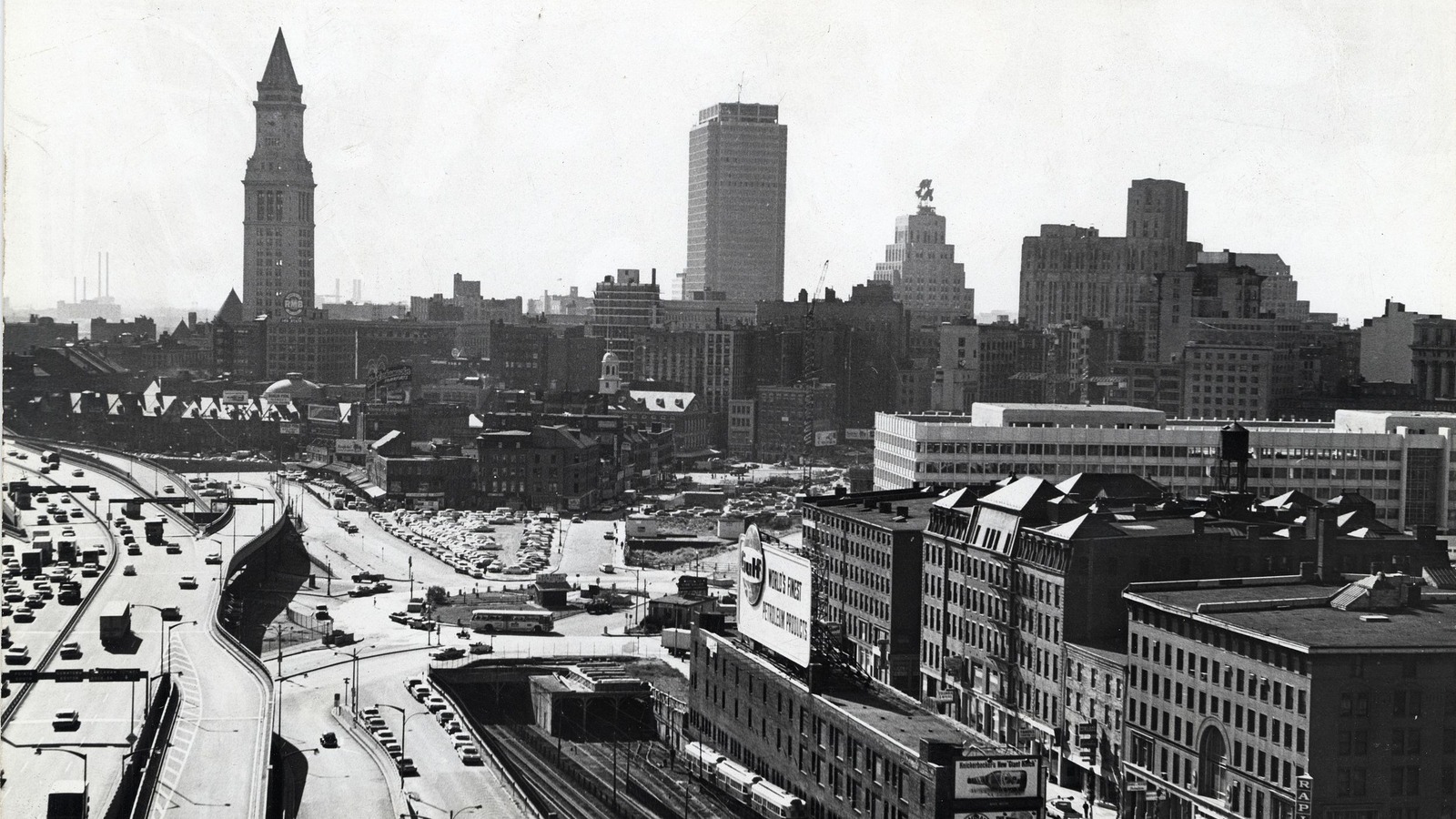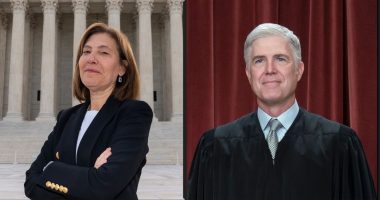
Gang violence spilled into the subsequent decades. By 1972, the Winter Hill Gang had virtually eliminated their competition and wielded considerable sway in the city. After Donald Killeen, patriarch of the Killeen family, was murdered in his home in 1972 (per “Paddy Whacked”), the Winter Hill Gang and the Mullins seemed poised to wipe out the remnants of the Killeen clan, as “The Boston Mob Guide” reports.
However, in the early 1970s, Whitey Bulger (pictured), one of America’s most notorious career criminals, stepped into the power vacuum that existed in South Boston and prevailed. When the Winter Hill-McLaughlin conflict broke out, Bulger was doing time on the forsaken prison island of Alcatraz, then in Lewisburg, Pennsylvania, before being paroled in 1965, according to “Paddy Whacked.” But, before long, he had reverted to old habits and became a crucial player for the Killeens. After Donald Killeen’s murder, Bulger capitalized on a seemingly hopeless position.
Read Related Also: Man 'is stabbed in the throat during Morocco World Cup celebrations in Italy'
Remarkably, the magnetic Bulger brought these warring factions to the table and mediated a truce, allowing the other gang leaders to continue their rackets undisturbed. In exchange for this union, Bulger gained control over South Boston, per ”Paddy Whacked.” Although Bulger had prevented opposing gangs from killing each other, Boston’s gang-related problems persisted. Naturally, these activities only survived with some help from the authorities, most notably disgraced FBI agent John Connolly. Throughout Bulger’s tenure, corruption flourished and festered. Reuters confirms revelations regarding the full scale of the corruption that benefited Bulger and his associates in the 1970s and beyond.









